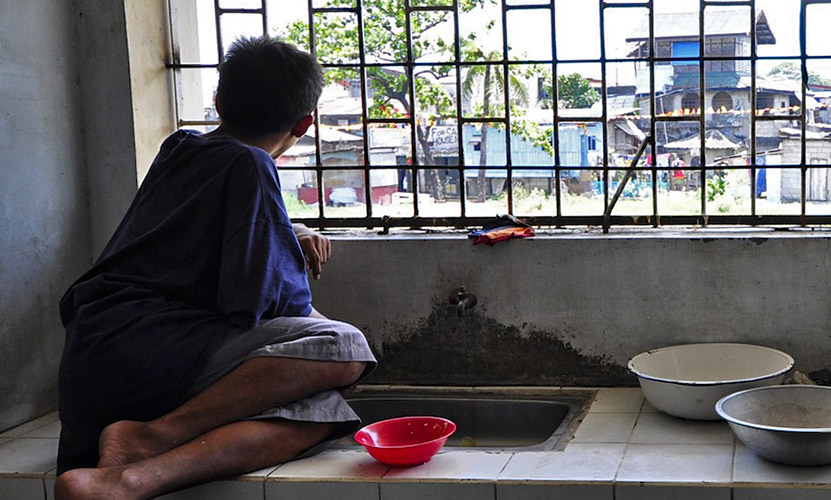Senator Win Gatchalian is pressing the urgency of strengthening the country’s anti-trafficking laws to address the surge of online child sexual abuse complaints in the country.

The Department of Justice (DOJ) has received 2.8 million reports on online sexual abuse of children in 2021, more than twice the 1.3 million reported in 2020. According to the DOJ’s Office of Cybercrime (OOC), most of the 2.8 million reports were not actionable because these were submitted multiple times, misleading, and erroneously reported.
In its annual report, however, the DOJ OOC said that it has launched an official investigation of 268 cases of online sexual exploitation of children (OSEC) in 2021, almost four times the 73 cases handled in 2020.
Considering the increasing vulnerability of children to different forms of violence amid the COVID-19 pandemic, Gatchalian highlights the urgency for Congress to amend the country’s trafficking laws to allow a stronger crackdown on OSEC cases as well as on different forms of human trafficking.
In November 2021, Gatchalian co-sponsored Senate Bill No. 2449 or the Expanded Anti-Trafficking Act of 2021. The proposed measure aims to strengthen Republic Act No. 9208, as amended by Republic Act No. 10364, to provide standards and guidelines on surveillance, interception, investigation, and prosecution of different forms of human trafficking.
The measure also emphasizes the roles and responsibilities of businesses such as internet intermediaries, owners and operators of internet cafes, hotspots and kiosks, money transfer and remittance centers, banks, money service businesses, credit card companies, and financial institutions to prevent human trafficking.
The bill also seeks to reorganize the Inter-Agency Council Against Trafficking (IACAT) to include agencies like the Department of Health, Department of Education, Department of Information and Communications Technology, Department of Transportation, Department of Tourism, National Council on Disability Affairs, and the Council for the Welfare of Children.
“Sa kabila ng patuloy na pagtaas ng mga kaso ng pang-aabuso gamit ang internet, kailangan nating paigtingin ang pagbibigay ng proteksyon sa ating mga kabataan at pagharang sa ganitong klaseng mga pang-aabuso. Napapanahon nang amyendahan natin ang ating mga batas laban sa human trafficking upang tuluyang masupil ang ganitong uri ng karahasan,” Gatchalian said.
Gatchalian also cited the role of the DepEd’s Child Protection Program to increase learners’ awareness on OSEC and other forms of violence against children.


